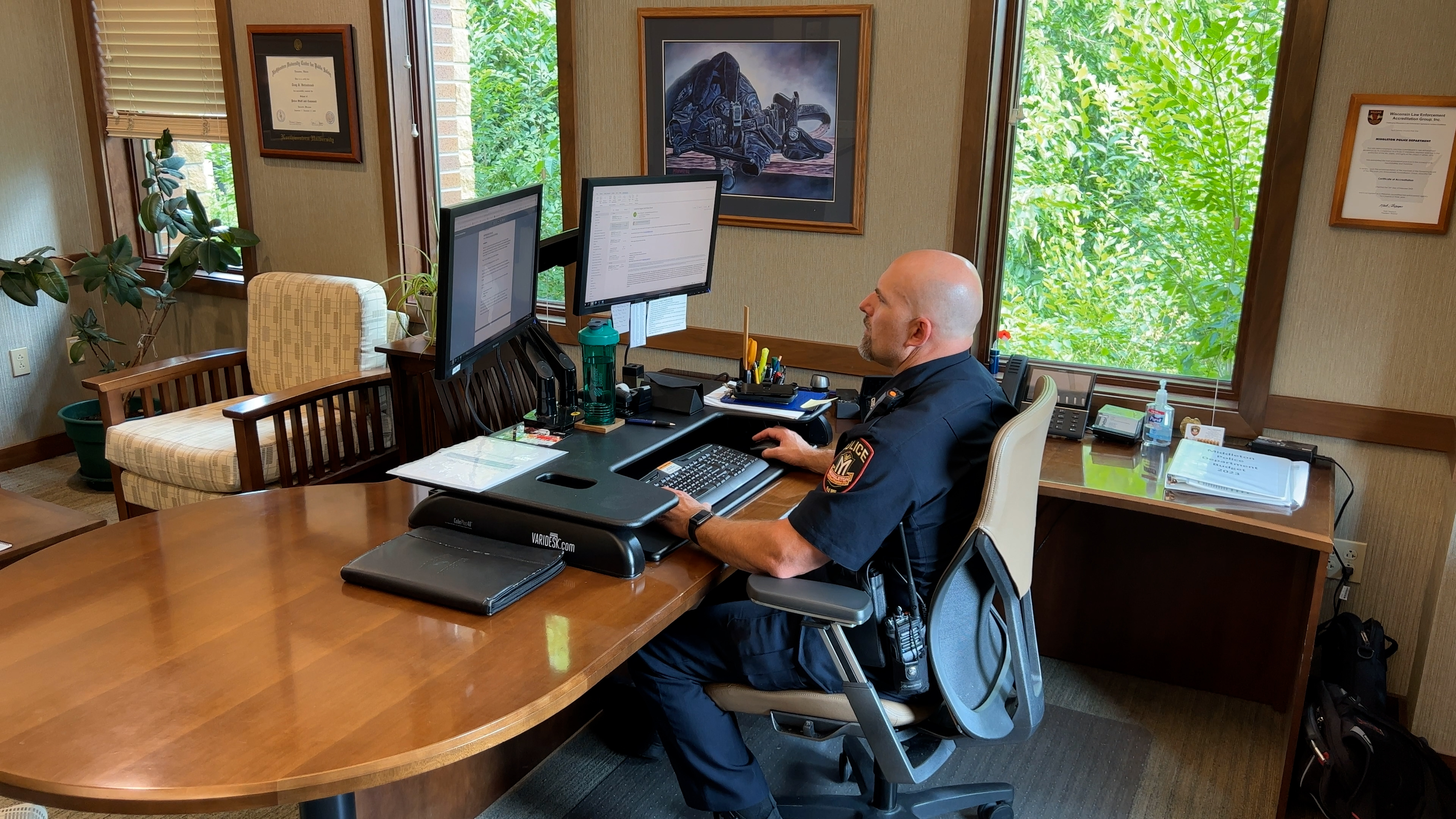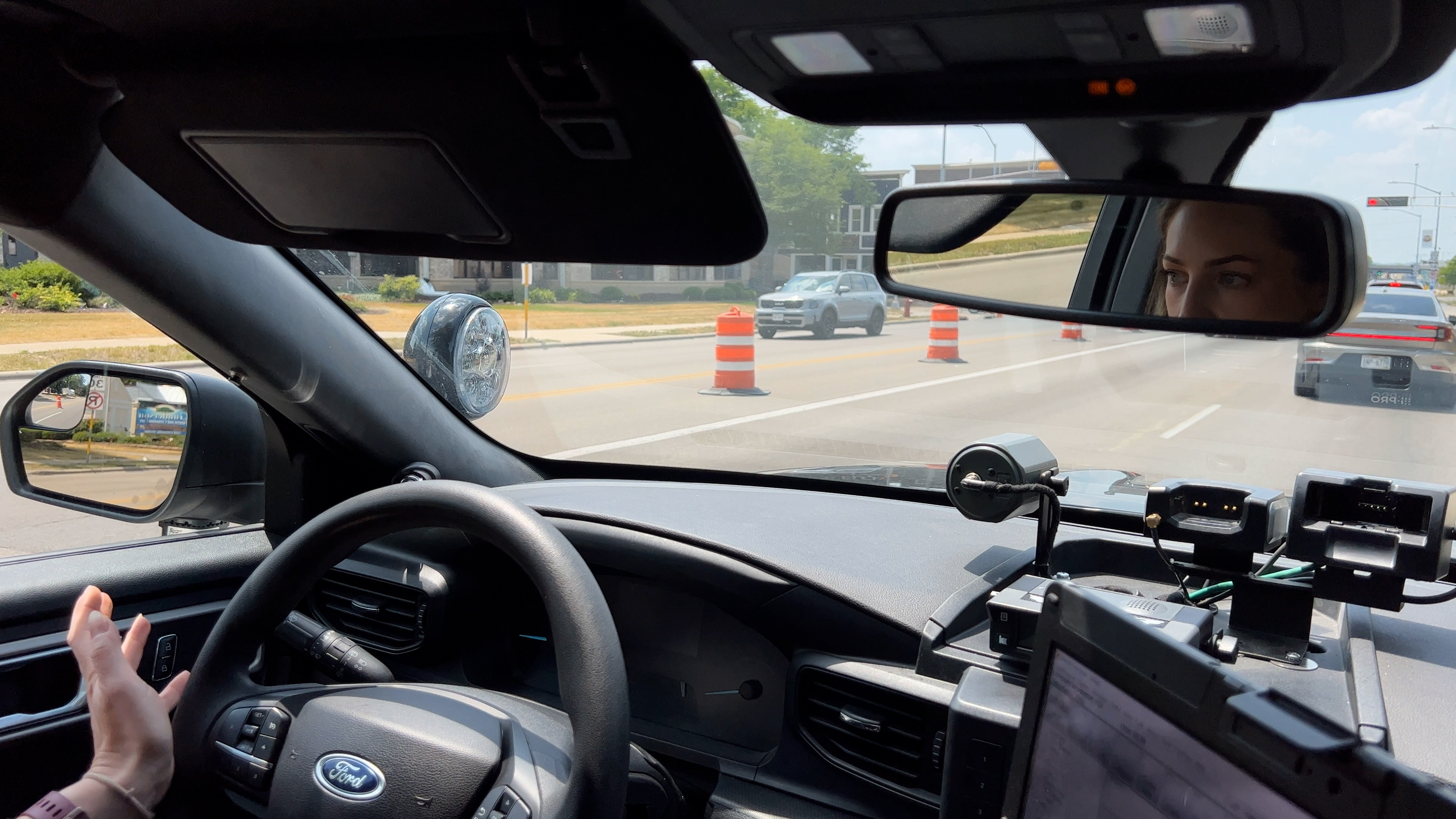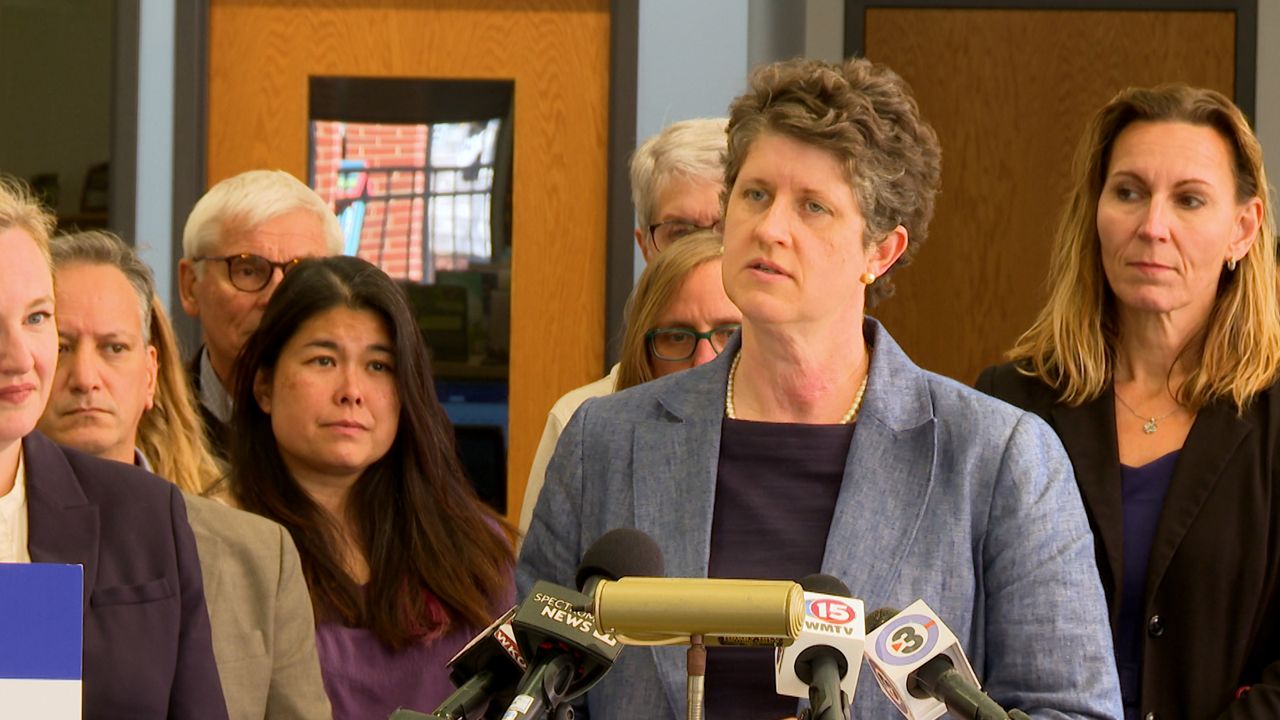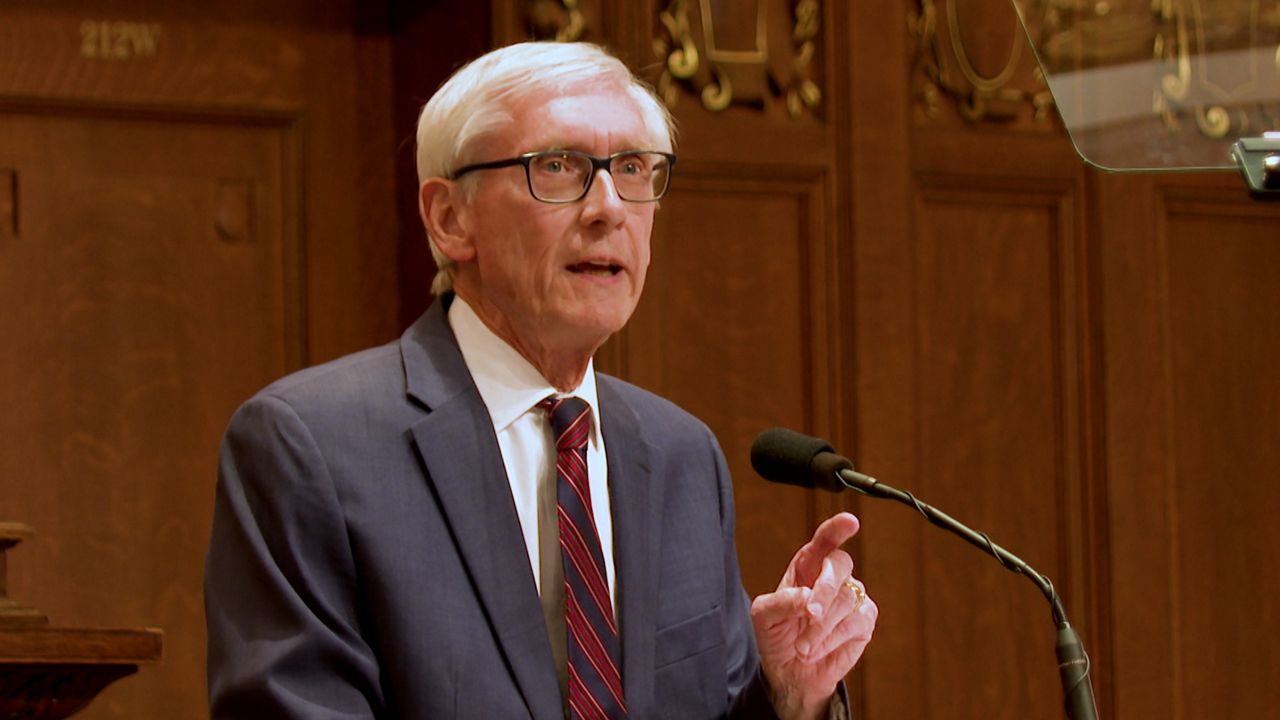MIDDLETON, Wis. — Police officers in Wisconsin, and throughout the country, often respond to emergency calls that involve people experiencing a mental health crisis.
What You Need To Know
- In Wisconsin, every officer who goes through the police academy, is required to take “Crisis Intervention Training
- Chief Hellenbrand and his officers said finding a better solution to mental health is imperative for our state
- While police play a huge role in public safety, many departments do not have the budget to hire officers specialized in responding to people experiencing a mental health emergency
While police play a huge role in public safety, many departments do not have the budget to hire officers specialized in responding to those experiencing a mental health emergency.
In Wisconsin, every officer who goes through the police academy is required to take “Crisis Intervention Training” from the National Alliance on Mental Illness (NAMI). It’s a community-based approach to improve the outcomes of encounters between law enforcement and individuals with mental illness, according to the organization.
Middleton Police Officer Aleesha Kozar received that training. She said she never knew how much of her daily patrol shifts would revolve around mental health.

“Most of my reports at the end of the day are either regarding mental health calls or assisting EMS with intentional overdoses,” said Kozar. “We are doing what we can, but we can’t be a hospital or psychiatrist. We can’t diagnose. I feel like we get overwhelmed because we are doing as much as we can based on our job requirements and workload.”
Kozar said she responds to many of the same people week after week. She said they’re simply not getting the help they need.
“A lot of the time, no matter how much we try to connect people to resources or reach out to resources ourselves asking them to do home visits or follow-up phone calls, there just seems to be this blockage,” said Kozar.
Middleton Police Chief Troy Hellenbrand has been with the department for more than 30 years. In that time, he said he has seen a huge increase in the number of mental health calls the department responds to.
“The mental health system is in need of some changes, for the sake of those going through a mental health crisis and for the organizations that are dealing with the mental health crisis directly,” he said. “The whole system really needs to be revamped. Transporting someone who just went through a mental breakdown, in the back of a squad car in handcuffs, away from family and support is not ideal and probably makes the situation worse.”

Hellenbrand said he knows that mental health care providers, hospitals and treatment facilities are spread very thin too. He said the need for mental health emergency services has far outpaced the current supply.
“It is a significant call for service in Middleton and throughout the state of Wisconsin,” said Hellenbrand. “It is something we are dealing with on a daily basis, and they are very time-consuming calls to make sure you address the mental health crisis the individual is going through.”
The Middleton Police Department is just one law enforcement agency in Wisconsin trying to raise awareness about this challenge. Hellenbrand and his officers said finding a better solution is imperative for our state.










